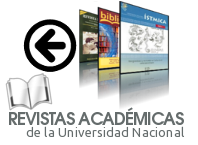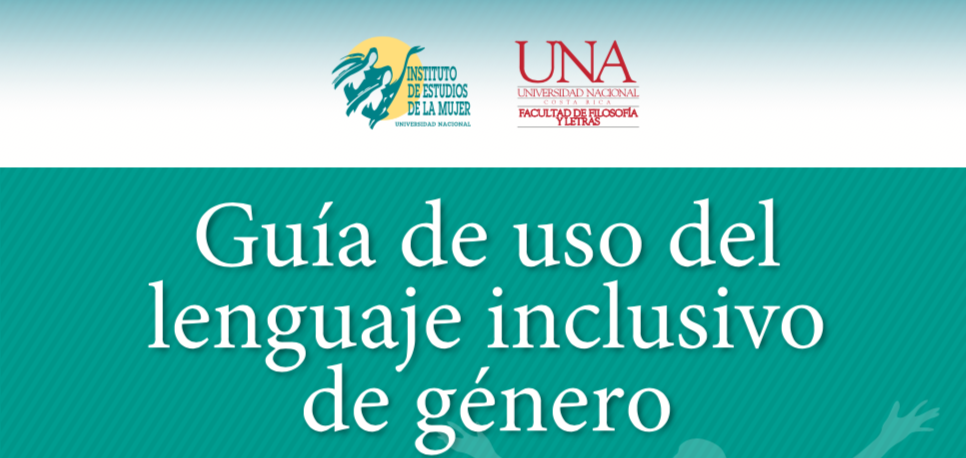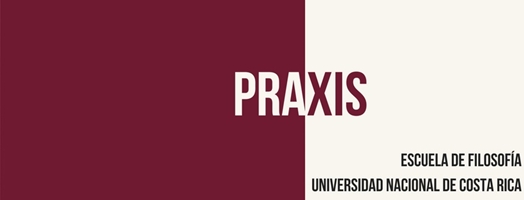About the Journal
Approach and scope PRAXIS's main objective is to disseminate knowledge related to the three areas of the School of Philosophy, Latin American Thought, Philosophy and Bioethics, generated within and outside the National University, for the interdisciplinary approach to the major issues of the contemporary world, especially those of the country and Latin America.
Peer evaluation process This journal will make the peer review open, that is the articles are subject to debate for permanent feedback by any reader throughelectronical means. In cases of highly specialized topics, the article will be sent to reviewers who dominate in the field. The identity of the author will always be unknown to the reviewrsm who will also be people outside the magazine. Articles by invitation involve the same ordinary review process designed for any article. Whoever publishes the magazine has, in their power, to conduct a prior review and reject an article ad portas for several reasons, among which are: 1. The topic is not according to the magazine. 2. The manuscript does not make a valuable contribution to knowledge. 3. Useful information is not generated to solve a problem. 4. It is not an original work, it has been previously published in another magazine. 5. The provisions of the Declaration of Helsinki of the World Medical Association: Ethical Principles for Medical Research in Humans have not been complied with (http://www.wma.net/en/30publications/10policies/b3/index. html, in Spanish), or the current regulations on protection of human or animal participants in the research of the institution where the study was conducted have not been complied with. In the specific case of research with human beings, written informed consent of all the participants must be obtained. 6. The methodology and design of the study are not sound or are not consistent with the problem in question. 7. The results are not presented objectively. 8. The conclusions are not well founded. 10. It has no order, consistency or good writing. These criteria can be considered by the editor to choose not to send an article for review and reject it.
Frequency of publication As of 2017, Praxis will be published every six months. However, the individual items will be published as soon as they are ready, adding them to the table of contents of the current volume under the modality of continuous publication (close to June 30 and December 31 of each year).
Open access policy This journal provides free and immediate access to its content under the principle of making research available to the public free of charge, which fosters a greater exchange of global knowledge.
Plagiarism detection policy The Praxis Magazine requires all persons involved in the publication process to adhere to international ethical standards. The services of Google, Turnitin and plagiarism detection will be employed. Praxis subscribes to the international standards of the Committee on Publication Ethics-COPE, which can be viewed at the following link: https://www.sciencedirect.com/science/article/pii/S037851220900334X.
Sponsor
History of the journal
The Praxis Magazine number 1 was published in 1975 as a means by which the Department (today School) of Philosophy of the National University- Costa Rica (UNA) sought "to ensure an active presence in the reflection on current problems ", as stated by Mr. Jaime González Dobles, the director at that time, during the presentation of that first issue. The presentation also pointed out that Praxis should be the expression of a philosophy that, "without losing its conceptual character and reflexive seriousness", should be "committed to national development and social causes". The emergence of Praxis is thus located in the context of the social transformation imaginary that permeated Latin America thought for much of the previous century, and that the National University sought to fulfill under the idea of a "Necessary University." However, perhaps as a complement and expression of that imaginary, philosophy itself was conceived as a concrete and committed thought, and philosophical practice as "the difficult task of combining reflective seriousness and active engagement." From 1975 until now, philosophical and cognate thought has passed, as always, through contradictory and (sometimes) complementary labyrinths and crossroads, as evidenced by the Praxis issues published during all these years. The social, cultural and in general human environment of today is significantly different from then, but still constitutes the space for the development of philosophical thought that assumes that world not only as an object of reflection but of intervention as well. As was said at the presentation of that first issue of Praxis, "A philosophy that is not Praxis, is a philosophy that disappoints the contemporary man".







